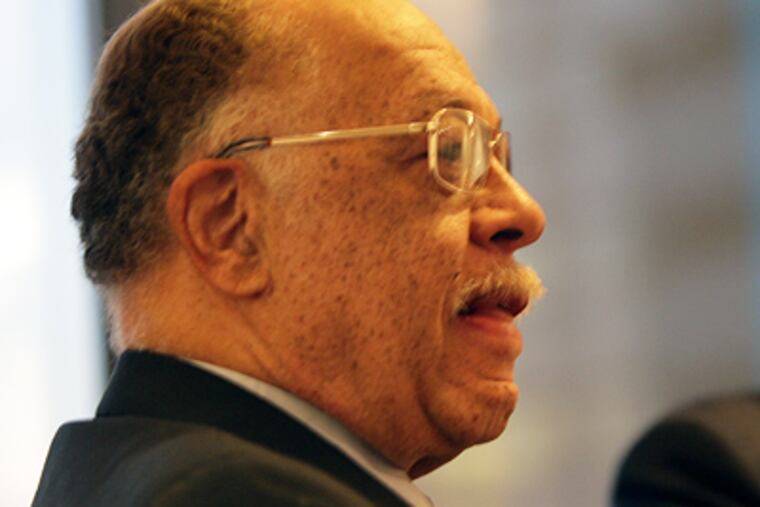Inquirer Editorial: Tough rules, not unfair
When a grand jury in January exposed horrific conditions at a West Philadelphia abortion clinic, Gov. Corbett promptly took smart steps to bring back annual inspections and impose tough sanctions on any clinic that failed to correct safety problems.

When a grand jury in January exposed horrific conditions at a West Philadelphia abortion clinic, Gov. Corbett promptly took smart steps to bring back annual inspections and impose tough sanctions on any clinic that failed to correct safety problems.
Those measures should serve as ample protection against a repeat of the deplorable abuses alleged at the clinic operated by Kermit Gosnell, a city physician now accused in the deaths of seven babies and a woman whom authorities say died from a botched abortion.
Even so, Harrisburg lawmakers have been exploring legislation that would give the tighter abortion-clinic rules the full force of state law.
Taking a legislative approach that closely tracks the governor's regulatory changes would be another assurance for Pennsylvania women - many of them low-income - who turn to the state's 20-plus free-standing abortion clinics.
Just such a measure could come before the state Senate this week. Sponsored by Sen. Patricia H. Vance (R., Cumberland), the proposal would require yearly, unannounced clinic inspections and create a complaint hotline, much like the Corbett regulations.
But over in the House, the Republican majority has passed a bill that goes so far in regulating free-standing clinics that it risks having the opposite effect and making it more difficult to obtain legal, safe abortions.
Planned Parenthood officials and other women's advocates contend that the House bill, by requiring clinics to meet some building and staffing standards on a par with hospital settings, would force the closure of some clinics. At other clinics, they say, the increased operating costs could put legal abortion beyond the reach of many poor women.
The House bill's supporters and its chief sponsor, State Rep. Matthew Baker (R., Tioga), say their intent is to protect women. Their mandate, though, that clinics install such things as hospital-grade elevators and provide hospital-width hallways - along with staffing by registered nurses even when abortions are not scheduled - smacks of an overreaction.
Worse, it's not clear how any of those requirements would prevent a repeat of the horrors alleged at the Gosnell clinic.
It's telling that GOP leaders in the Senate have not exactly embraced the House clinic measure. Instead, they're rightly looking to the more reasoned approach suggested by Vance, who happens to be the legislature's only professionally trained nurse. In a state whose abortion regulations are already among the toughest on the books, the best way to protect women is to enforce existing safety standards.